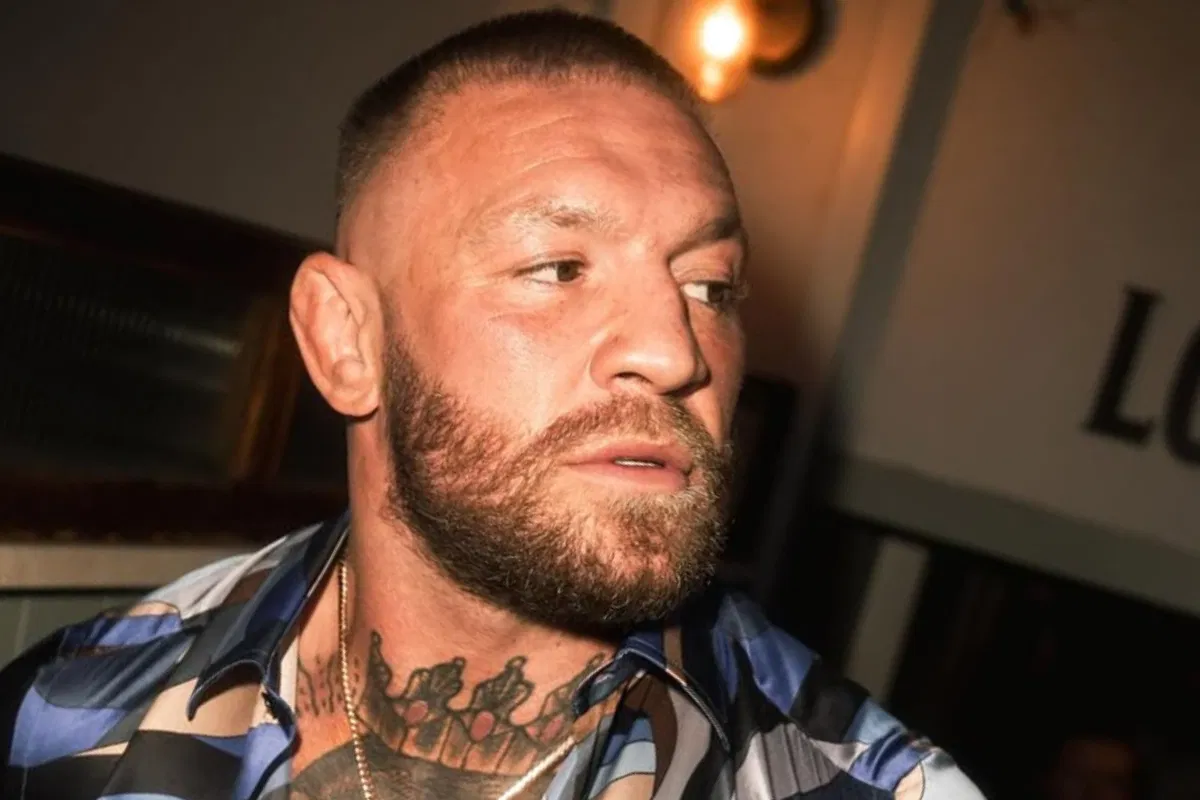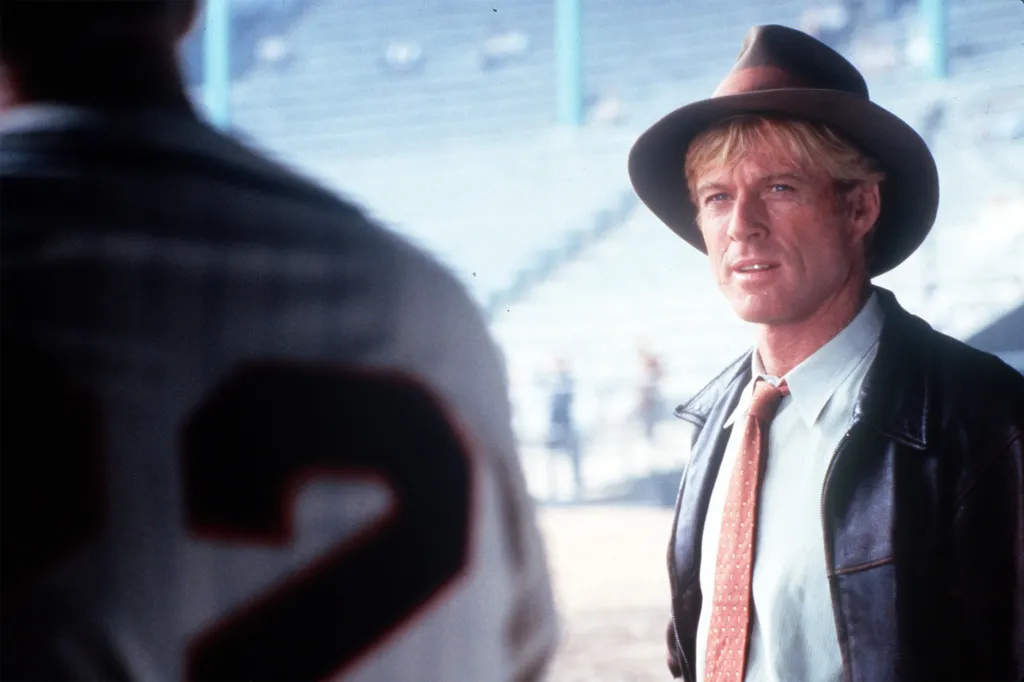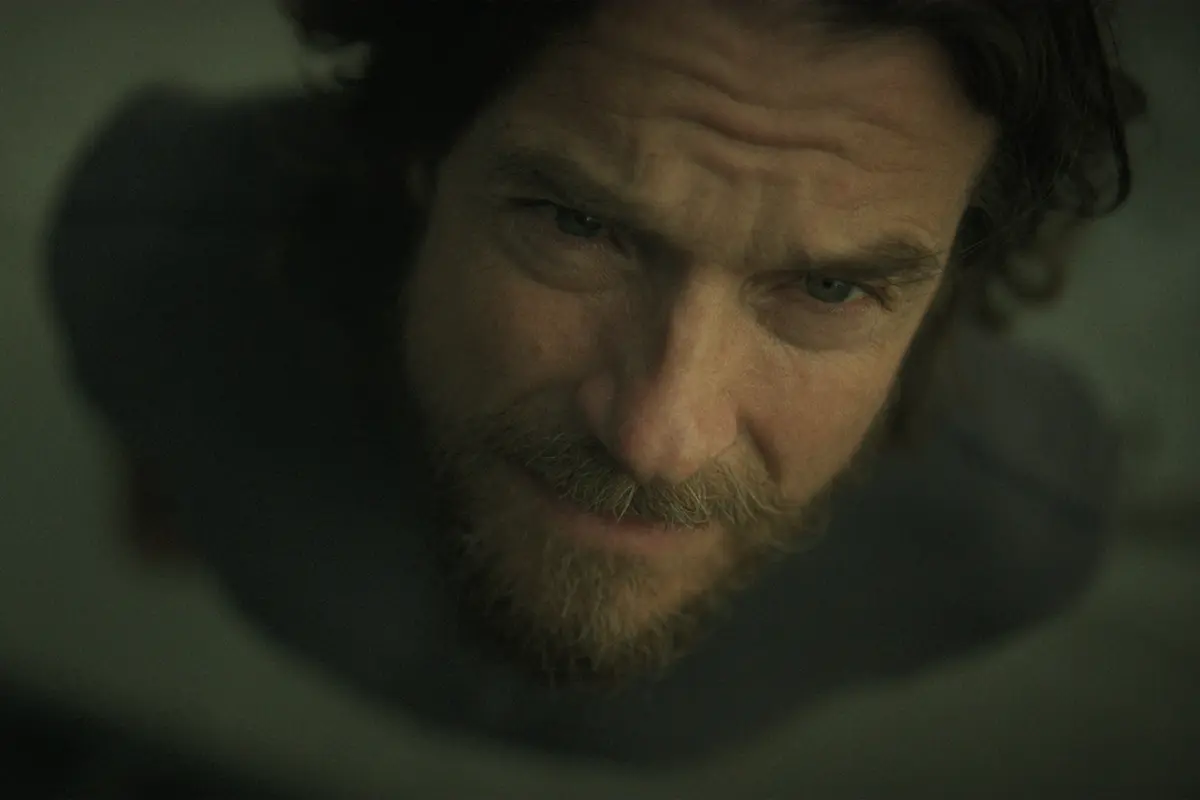
“I love money because I’ve earned it. I won sixty G’s with my first knockout, and the week before, I was collecting social welfare.” Conor McGregor has always been bold—but what if the myth around him has done more harm than good? From humble beginnings, McGregor didn’t just conquer the fight game—he built a nearly $200 million empire, stretching beyond the Octagon through endorsements, pubs, and spirits. Yet these triumphs mask a growing concern: many say his success created a misleading template for younger fighters who can’t match his skill or timing.
His business ventures are well known—Proper No. Twelve whiskey, The Black Forge Inn pub, Forged Irish Stout, and lately, partnerships with health and fitness brands. But analysts argue, these external achievements often overshadow the harder truths in MMA: hype works only if it’s backed by skill, discipline, timing, and luck. In the wake of McGregor’s loss in his civil appeal over the 2018 sexual assault case—a legal defeat with reputational fallout—questions are intensifying.
ADVERTISEMENT
Article continues below this ad
Conor McGregor did what no one else did before
Yesterday, as UFC Hall of Famer Robbie Lawler and analyst Din Thomas revisited UFC 189, an event remembered for Conor McGregor, live musical performances, and what many call the Greatest Fight of All Time, they highlighted how McGregor’s brash persona influenced a generation of fighters chasing fame, while contrasting it with Lawler’s quiet, no-frills approach, as he was seen casually playing tennis before his rematch with Rory MacDonald.
When asked how he and Conor McGregor differed in their fight preparations, Robbie Lawler explained that he always preferred a quiet approach: “I just wanted to go in there and beat people up, make some money, and then go back to my quiet life… I enjoyed fighting, I enjoyed the training, and I did not really care about hyping. I figured that was UFC’s job.” Analyst Din Thomas agreed, noting that Lawler represented a different kind of fighter, saying, “Robbie, I feel you were a better prototype for the generation of fighters today,” while adding that McGregor’s flamboyant style was groundbreaking but unique.
ADVERTISEMENT
Article continues below this ad
He further contrasted the two, noting that McGregor’s outspoken style changed the sport. “Conor was the first one to come in and just take the MMA world by storm,” Thomas said. But while McGregor’s antics drew attention, Thomas argued that it also inspired a generation of fighters who tried to copy him, without having the skill to back it up. “No one had ever done that before. But what that did was, it span a generation of copycat that couldn’t do it as well,” the 48-year-old said.
Thomas stressed that being entertaining isn’t enough on its own. “The bottom line is, and the only reason why it worked for Conor was because he was good,” he explained. “You can’t just be a talker and not be a good fighter.” So, was he really that good?
Conor McGregor’s fighting résumé remains hotly debated. His early wins over Max Holloway and Dustin Poirier came before they were at their best, but his peak years from 2015 to 2018 were undeniable. With title victories over Chad Mendes, José Aldo, and Eddie Alvarez, plus two memorable battles with Nate Diaz, ‘The Notorious’ cemented himself as one of the sport’s biggest attractions. His fight with Khabib Nurmagomedov also showed flashes of grit, as he pushed the champion into the fourth round.
McGregor’s best years, 2015 to 2018, still shine. His wins over Jose Aldo, Eddie Alvarez, Chad Mendes, and memorable fights with Nate Diaz is still fresh in the minds of the UFC fans. Yet, even on those high peaks, critics note that many of his early triumphs came before opponents were at their full maturity, diluting comparisons. And now, as McGregor has remained inactive in the UFC since 2021, younger fighters chasing his model often find themselves exposed.
Conor McGregor believes he’s fighting a rigged system
Just when seeing Conor McGregor’s name in the race on October 24th seemed like a possibility, he withdrew. “Following careful reflection, and after consulting with my family, I am withdrawing my candidacy,” he posted on X on Monday morning. The 37-year-old also claimed the entire system was rigged against him. Why, you ask?
“This was not an easy decision, but it is the right one at this moment in time,” Conor McGregor wrote on social media. He added that his intentions were “sincere and genuine,” but argued that the election eligibility rules in Ireland’s “outdated constitution” served as a “straitjacket” preventing a “true democratic presidential election being contested.”
The former UFC Featherweight and Lightweight Champion further alleged that the constitution was “fixed to ensure only Establishment-approved candidates may be selected on the ballot.” Still, he insisted this would not mark the end of his political ambitions, writing, “I am driven by a commitment to improve lives, defend rights, and serve the Irish people with dedication and integrity.” In the end, he closed his statement with, “This is a marathon. Not a sprint!”
ADVERTISEMENT
Article continues below this ad
For Chael Sonnen, however, the announcement was no surprise. He argued that McGregor’s run was never legitimate to begin with. “You were never running for president of Ireland. You did not suspend a campaign… You don’t have a campaign,” Sonnen said.
McGregor’s legacy is an explosive mix of charisma, business savvy, and fighting achievements that remains undeniable. But the template he set may be more of a double-edged sword. For many up-and-coming UFC fighters, the pressure to replicate his bold persona may overshadow growth, technical development, and humility. What’s certain is this: hype without substance may earn attention, but only true consistency grants legacy.



